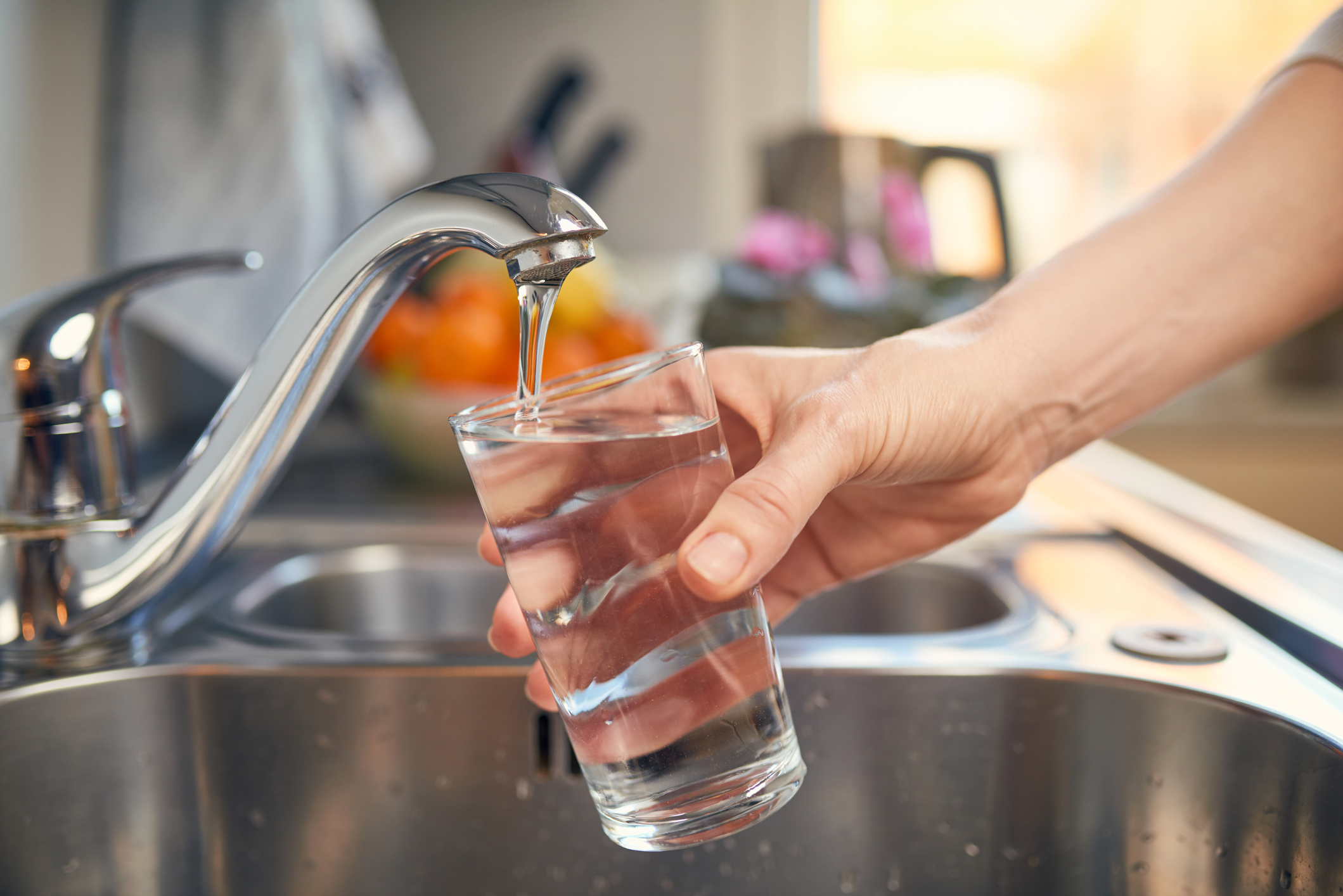AMEND
Unleading Water: Community Science and Environmental Justice for Healthy Irish Homes
.jpg)
In Brief
- Challenge: A Healthy Environment for All
- Challenge Type: National Challenge Fund
- Status: Active
The Challenge
Ireland still has lead water pipes supplying residences, including 180,000 public service lines. Public awareness and policy around this home hazard is deficient.
“It will take 24 years to address the risks posed to public health from lead in drinking water at the replacement rate observed in 2021, which is a significant overrun of Uisce Éireann’s original plan for completion in 2026” - EPA’s Drinking Water Quality in Public Supplies Report 2021.
As a neurotoxin this is particularly problematic for children. Lead disrupts cognitive development and leads to negative later life outcomes, such as reduced academic achievement, increased antisocial behaviour, and physical health issues. There is no safe level of lead in water for developing children, and many children could potentially be living in homes with lead water levels that are considered safe just because they are under the current legal limit. Removing this pollutant, and thereby reducing the downstream health and social effects of childhood lead exposure, is crucial for a healthy and secure future.
The Solution
The aim of this study is to improve the health of Irish residents by overcoming the barriers to removing lead pipes and improving their home environment. This transdisciplinary project will build off a pilot study from Belfast that found a combination of community-engagement, citizen science, and public awareness campaigns can improve public engagement with home health hazards and influence policy around home lead pipe replacement.
The objectives are fourfold:
- to increase awareness of home health hazards (lead) through workshops and awareness campaigns,
- increase the Irish resident’s agency to combat these hazards through citizen-science (home water testing) and involvement with policy development (workshops and photovoice),
- identify barriers for remediation programs (focus groups and surveys) and increase data on home health hazards (participatory mapping), and
- lay the foundation for a network of researchers, policy-makers, and community organizations focused on making the Irish home healthier.
The Team
- Team Lead: Prof. Jeremy Auerbach, University College Dublin
- Team Co-Lead: Dr Suzanne Linnane, Dundalk Institute of Technology
Societal Impact Champion
- Dr Triona McGrath, An Fóram Uisce